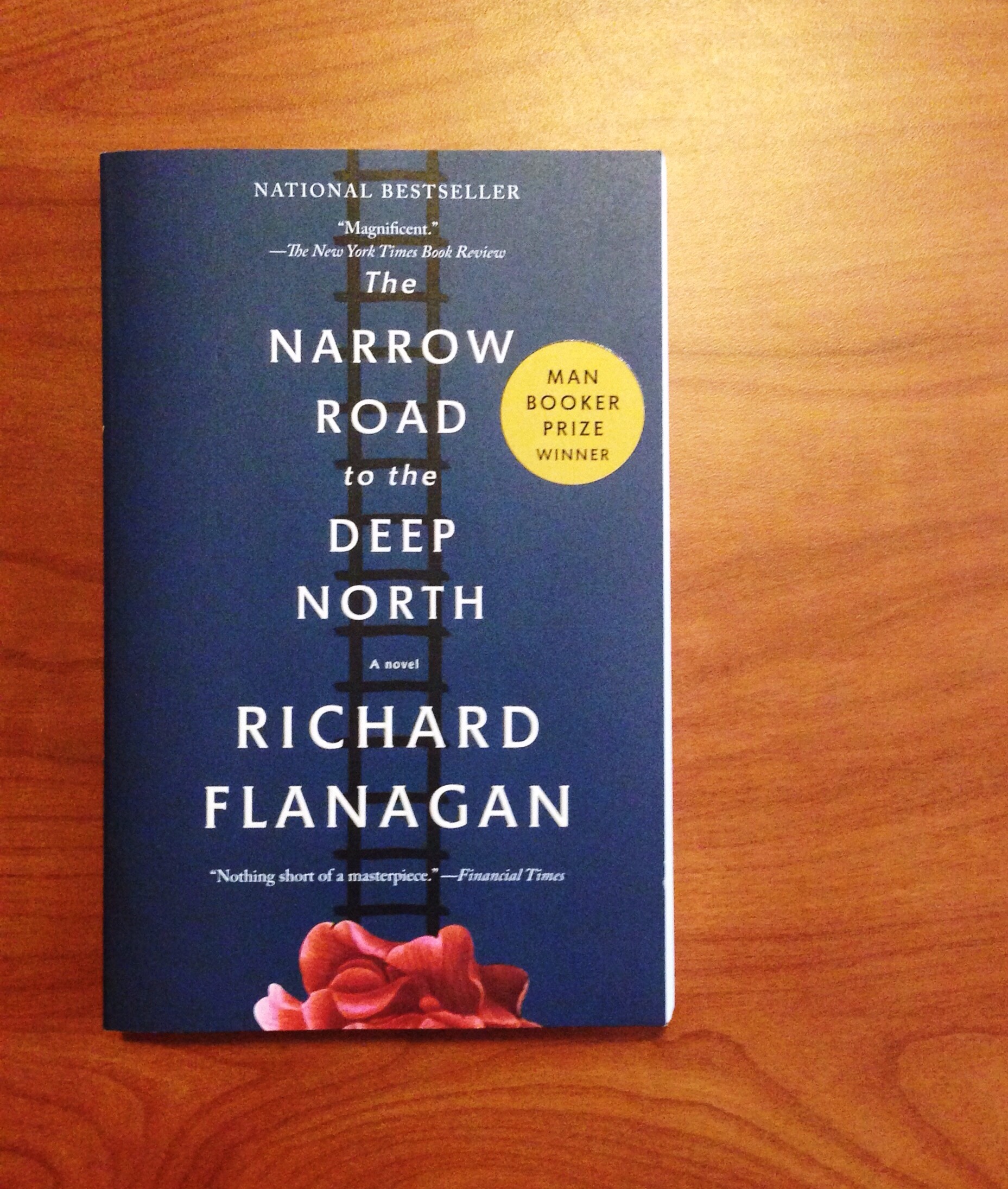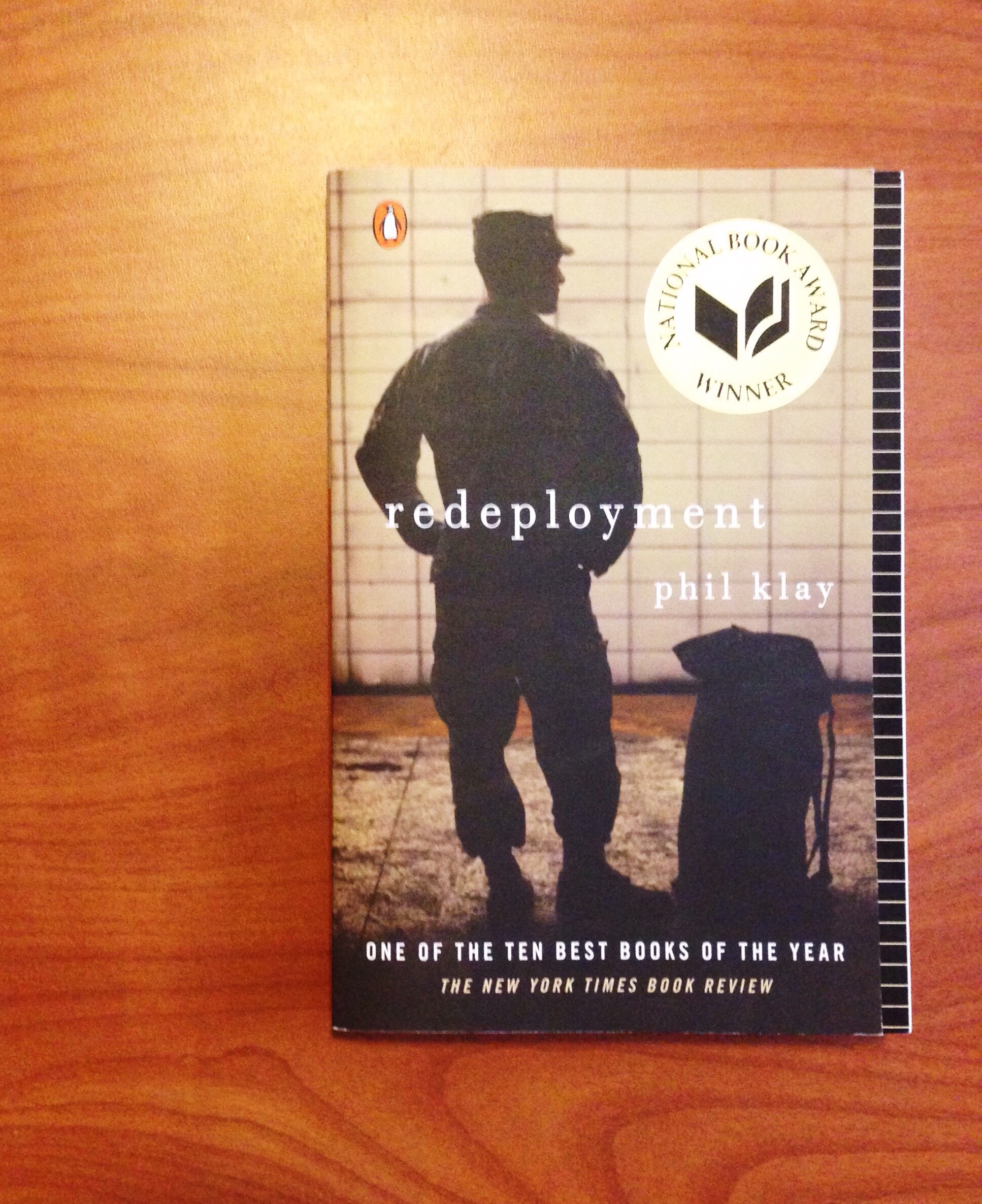Titles: The Narrow Road to the Deep North vs. Redeployment
Authors: Richard Flanagan vs. Phil Klay
Genre: Historical, narrative-style fiction
Quotations: “Nor is there mention of the horror of the building of the railway. There are no names of the hundreds of thousands who died building that railway… There is no book for their lost souls. Let them have this fragment.” The Narrow Road to the Deep North vs. “There was gunfire and explosions and the mosques blaring messages and Arabic music and we were blaring Drowning Pool and Eminem. The Marines started calling it Lalafallujah. A music festival from hell.” Redeployment
Would recommend to: fans of The Bridge over the River Kwai and The Things They Carried — war narratives with a human touch.
To begin with a short disclaimer — I tend to read older pieces of literature before newer ones. Given that I’ve missed a few thousand years of good writing, I figured I’d start from the beginning and work my way up. After all, the much-lauded assertion that the whole of fiction only has seven basic plot structures does have some merit. Finding commonalities and repurposed plot lines in newer literature is an interesting bonus when you start from the way back.
That being said, I decided to switch things up and give some 2014 award nominees a try. I was impressed by Mr. Penumbra’s 24-Hour Bookstore (my review here), but I especially wanted to see if Narrow Road and Redeployment lived up to the hype surrounding them; in 2014, Flanagan’s tale took home the Man Booker Prize and Klay’s collection of short narratives was a National Book Award Winner. Both novels surpassed my expectations and reminded me of two of my personal favorites, Pierre Boulle’s The Bridge Over the River Kwai (also a fantastic film), and Tim O’Brien’s The Things They Carried.
I have not been more impressed or enthralled by a younger novel than Richard Flanagan’s The Narrow Road to the Deep North; even John Scalzi’s supremely impressive Old Man’s War (2006) barely reaches the pedestal upon which I must place Narrow Road. Flanagan’s masterpiece follows a dynamic set of characters, including Australian POWs on the Japanese slave railway, Nürnberg-esque railway guards contemplating the banality of their evils, and hardened war criminals convinced that they have dutifully served their emperor. The narratives of all these men move deftly from pre-war Australia to Southeast Asia to the modern day.
Flanagan sends the reader on an emotional roller-coaster, feeling the loss of love, enduring seemingly endless inhuman tortures, and witnessing the final reckoning of men who have lived with their brutal crimes. The various effects of war are seen from all sides — from the slave-driving Japanese soldiers in service of their emperor to a ragged company of Australian prisoners clinging to life in one way or another. Even though the plot is non-chronological, Flanagan’s writing draws the separate tales into a coherent picture.
This novel rivals Boulle’s classic, also about the Japanese slave railway, to say the least. Both tales of survival evoke a strong emotional response, and are as well written as novels come. The reader feels as though he too is enduring life in the harsh jungle along with the POWs; cringing at every scene of torture, mouth agape at every deadly injustice. Flanagan’s novel gives this often-ignored chapter in history a human face; it is nothing short of masterful.
Redeployment by Phil Klay takes readers on a similar emotional ride; from the desert heat of Iraq to the streets of small town, USA, and back again, readers get to experience the “War on Terror” from nearly every angle. Narrators in Klay’s collection of short stories include a priest, a psychological ops specialist, and soldiers from every walk of life nearly torn apart by the war. The opening story slams the reader in the face with raw emotion, coming from a dog-loving soldier who has to shoot dogs on the front lines. The terror of war are brought to a personal level and the reader is often given a look inside the minds of soldiers in service of their country. Klay writes with honest emotion and realism that will shake some readers. His brutal honestly and superb prose make each short story a novel unto itself, delving deep into the mind of each narrator.
Though I still prefer O’Brien’s The Things They Carried to Klay’s Redeployment, it is certainly one of the more gripping works of fiction about the Middle-Eastern campaign. O’Brien’s characters were more emotionally moving and well developed than Klay’s, but, all in all, Klay is certainly deserving of praise for this work.
-RYAN
“Where one burns books, in the end, he will also burn men.” – Heinrich Heine, 1820
About the Author Ryan is a student of business, politics, and German. He realizes how awkward it is to write about himself in the third person. This summer, he will teach himself how to code, because it seems interesting and might keep his nose out of a book for a while. Up next on his reading list are John Scalzi’s The Ghost Brigades, Sinclair Lewis’ Arrowsmith, and John Brunner’s Stand on Zanzibar.
Ryan also knows the difference between less and fewer, and will happily explain it if you ask him nicely.


